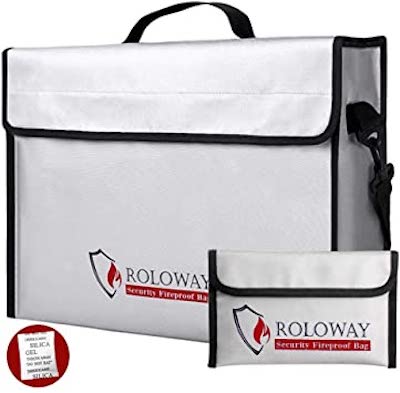How Your Living Situation Affects Your Estate Plans
May 8, 2020Coronavirus Resources Related to Elders and Elder Law
July 17, 2020Taking care of an elder often begins with a crisis. Perhaps a stroke leaves an elder family member unable to speak or an injury leaves her unable to provide basic self-care. Unexpectedly, you are responsible for making decisions on your loved one’s behalf and you must do so in a hurry. The sudden responsibility may cause a great deal of anxiety and worry on top of the natural concern for someone close to you.

As an elder law attorney practice in Massachusetts, our advice is that it’s essential that you know where to access important legal documents before such a crisis should occur. Organize documents in advance so that when you do need them, you can find them quickly. Here are our best practices for organizing legal documents for an elder family member. Follow them and you’ll be helping your elder loved one as well as every member of the family.
1. Find the Documents
Discovering where documents are placed is often much easier said than done. If possible, ask your parent or another family where documents are stored. If this isn’t feasible, you’ll need to search for them yourself. Common locations include a safety deposit box, filing cabinet, and freezer. Create a checklist of important paperwork needed and either create a written record of where it is located or, preferably, place all of the paperwork in one location. These documents may include:
- Power of attorney
- Wills
- Living wills
- Health care proxy
- Tax returns
- Savings bonds, stock certificates, and brokerage accounts
- Military records
- Birth certificates
- Trusts
- Divorce papers
- Marriage certificates
- Insurance paperwork
Don’t have these documents in place? An elder law attorney can help you draw up the ones you need. Contact us today to get started.
2. Determine a Storage Method

There are several effective ways to store important documents. Carefully consider which would allow you the quickest access to necessary papers while also ensuring your family member’s privacy and safety. Some suggestions include:
Safety deposit box
The only times someone can look at the items inside is during banking hours and access is limited to specific people. However, it becomes problematic if you become incapacitated or leave the area due to vacation.
Home safe
This is a good in-between option; it is extremely convenient and accessible, yet lacks the protection of an in-bank box. Be sure to either bolt down the safe or hide it extremely well. A key should be given to anyone who needs access. Choose a home safe that is fireproof or fire resistant.
Filing cabinet
While a filing cabinet is easily accessible in an emergency, it lacks the security of other options. If you choose this option, be sure to use a fireproof file cabinet. Don’t rely on a used file cabinet, even it’s made from steel. For optimum protection, buy a new file cabinet that includes a fireproof specification.
Fireproof document bag

If your loved one relocates to a second residence for part of the year, a fireproof document bag is a good choice. Your elder may not want to travel without having legal documents within reach. A fireproof and water resistant document bag is an easily transportable option. Never place legal documents in checked baggage. Always carry them on the plane for security.
Online document storage
Online storage allows access from any computer with a user id and password. It is very secure and convenient.
3. Eliminate Outdated Documents
Set aside time annually to reduce the document load. Shred, throw away, or delete things that have become untimely.
4. Organize Yourself

Caring for someone else requires you to be organized yourself. The more organized you are, the easier it is to help. Create an online calendar that provides text alerts and emails for reoccurring situations, such as prescription refills, medical appointments, and also one-time events. You can also set most calendars up to remind others, including the person you’re helping.
5. File and Sort According to Your Style
Whether you prefer files to be color-coded, alphabetical, or organized according to topic, be sure to file according to your distinct style. It may be tempting to continue the system that someone else implemented, but that will likely hinder the process of retrieving and safely storing documents.
Once you have all documents created and organized, get copies made for any family member named in these legal documents. This may include family members who hold power of attorney or who are named as executors and health care proxies.
If you find yourself in the position of caring for an elder, or would like more information about legal services and requirements, please contact us for assistance. For those who have an aging loved one, it’s very common to visit a Massachusetts elder law attorney to establish power of attorney. For help doing so, we invite you to a complimentary consultation.




